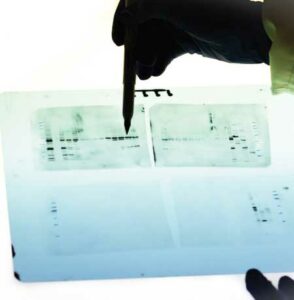Researchers Suggest Gene-Based Therapy May Help Regenerate Teeth
As adults live longer, demand for dental implants continues to grow.
 As adults live longer, demand for dental implants continues to grow. However, researchers at Kyoto University and the University of Fuki in Japan may be closer to finding a way to help adults continue to function with natural dentition. Based on an animal model, their study, “Anti-USAG-1 Therapy for Tooth Regeneration Through Enhanced BMP Signaling,” has shown how suppressing the uterine sensitization associated gene-1 (USAG-1) by using its antibody can help regrow teeth. The team’s findings, published in Science Advances, suggest anti-USAG-1 antibody administration may be a viable approach to regenerate teeth.
As adults live longer, demand for dental implants continues to grow. However, researchers at Kyoto University and the University of Fuki in Japan may be closer to finding a way to help adults continue to function with natural dentition. Based on an animal model, their study, “Anti-USAG-1 Therapy for Tooth Regeneration Through Enhanced BMP Signaling,” has shown how suppressing the uterine sensitization associated gene-1 (USAG-1) by using its antibody can help regrow teeth. The team’s findings, published in Science Advances, suggest anti-USAG-1 antibody administration may be a viable approach to regenerate teeth.
According to the University of Fuki, scientists investigated the effects of monoclonal antibodies for USAG-1. Investigators focused on the USAG-1 gene that interacts with the two mechanisms responsible for tooth development—bone morphogenetic protein (BMP) and Wnt signaling. They found administering USAG-1-neutralizing antibodies affects BMP signaling only. The authors report a single administration was enough to generate a whole tooth in mice and, in subsequent experiments, ferrets as well.
From Dimensions of Dental Hygiene. June 2021;19(6):10.

